Waves of Progress: Building Reef Resilience in Belize
It’s the one-year anniversary of the Reef Resilience Project in Belize. The project was launched to protect one of Belize’s most precious assets form further damaged caused by the effects of climate change. Today, stakeholders in the project gathered to discuss the progress made over the last year and further develop the roadmap moving forward. News Five’s Britney Gordon attended the event today for more details.
Britney Gordon, Reporting
The Belize Barrier Reef: some call it the rainforest of the sea. Famed scientist Charles Darwin once described it as the most remarkable reef in the West Indies. But to Belize, it is the pride and joy. Renowned for its diverse ecosystem and colorful structures, it stretches roughly three hundred meters across the Caribbean Sea. But like many other natural assets, it is in danger. And that is why environmental organizations are working in tandem to protect the reef from the effects of climate change. Tara Scarborough, the Chief Resilience Officer at the Coastal Zone Management and Institute, told us about this goal.
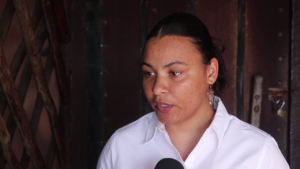
Tara Scarborough
Tara Scarborough, Chief Resilience Officer, CZMAI
“I spearhead the Reef Resilience Unit at Coastal Zone. So essentially this entire event is for the Strategy for Reef Resilience in Belize. And we started strategizing in 2021. 2023, we ended up launching the strategy. And so today it’s one year of progress, challenges we’re highlighting. And also we’ve added a new project. to the strategy which we are launching today.”
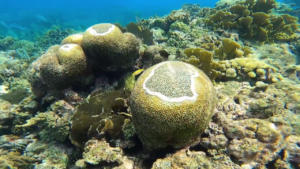 In total, the strategy has eight projects and three flagship projects in play, all working toward the preservation of coral reefs in Belize. Assistant Country Director for Marine at Wildlife Conservation Society, Ralna Lamb-Lewis, updated us about the progress the project has made over the past year, which seeks to provide supplementary livelihoods for members of fishing communities.
In total, the strategy has eight projects and three flagship projects in play, all working toward the preservation of coral reefs in Belize. Assistant Country Director for Marine at Wildlife Conservation Society, Ralna Lamb-Lewis, updated us about the progress the project has made over the past year, which seeks to provide supplementary livelihoods for members of fishing communities.
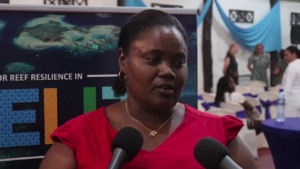
Ralna Lamb-Lewis
Ralna Lamb-Lewis, Asst. Dir, Marine at Wildlife Conservation Society
“There are two marine protected areas whereby we work at Glover’s Reef and Saltwater Caye Marine Reserve. And there are vulnerabilities that these communities encounter as a result of climate change. Most of them, like I said, are reliant on fishing, so we were looking at what other type of supplementary initiatives could be implemented that would obviously, supplement their income base for the household. So the project that we were looking at we did first an audit report to basically identify what type of projects have been implemented in the past in these communities, what were some of the challenges. challenges in implementations, and what are some of the enabling factors needed in order for them to be successful during implementation.”
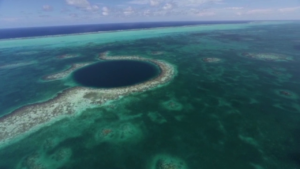 The project targets areas all over the country and has bolstered its support for vulnerable members of the community, such as women and people living with disabilities. The Research Institute at the University of Belize also spearheads a project in collaboration with Turneffe Atoll Sustainability Association. Director of the research institute, Doctor Jake Snaddon, details the project.
The project targets areas all over the country and has bolstered its support for vulnerable members of the community, such as women and people living with disabilities. The Research Institute at the University of Belize also spearheads a project in collaboration with Turneffe Atoll Sustainability Association. Director of the research institute, Doctor Jake Snaddon, details the project.
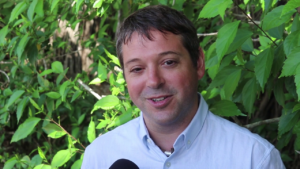
Dr. Jake Snaddon
Dr. Jake Snaddon, Dir, Research Institute, University of Belize
“This project really supports looking at the sort of the data behind reef resilience at Turneffe Atoll. So going back into the thirteen years of data that we’ve been collecting with TASA, so that the university of Belize has been collecting alongside TASA on an annual and sometimes biannual data that we need to work that up. So making sure that data is usable and accessible for the adaptive management. And the management of the at all overall. So making sure that the science is able to support that conservation effort.”
Adaptive Management Program Director of TASA, Virginia Burns Perez, says that through this collaboration, TASA was able to strengthen its team and upgrade its resources for the betterment of the managing reserves.
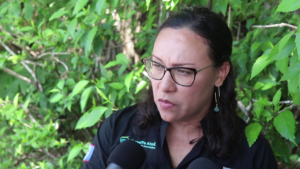
Virginia Burns Perez
Virginia Burns Perez, Adaptive Management Program Director, TASA
“This was able to fund several things, but the key things for TASA was funding one of our staff positions, the conservation science officer who is a field officer and conducting a lot of these reef surveys. Through these funds, we were able to complete the agro surveys, which feeds into the report cards that will come out shortly. In this here. We’re also able to purchase some much-needed equipment such as dive tanks and dive gears. And so while this project is really focused on reef resiliency, we’re using a lot of this to, for other work, for fisheries management enforcement. And TASA as the co-manager of the reserve.”
Britney Gordon for News Five.





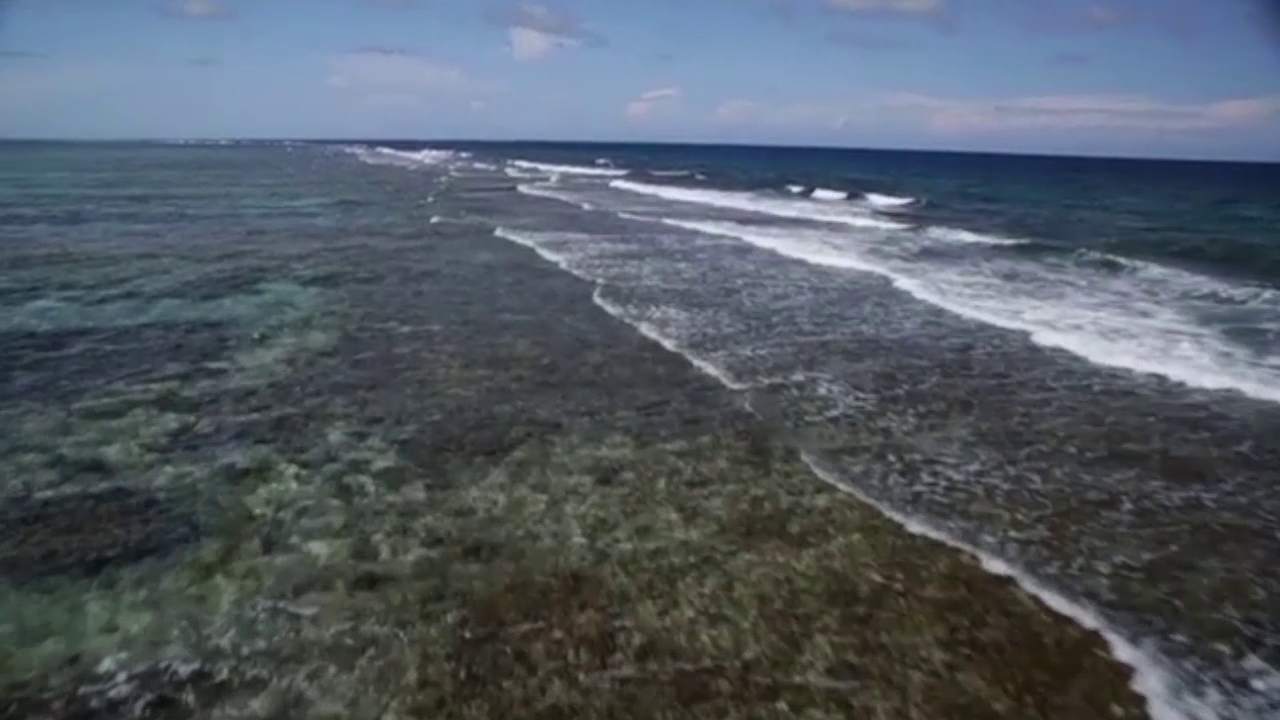
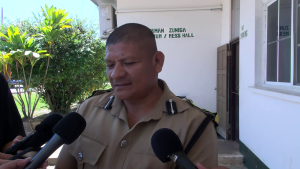
Facebook Comments